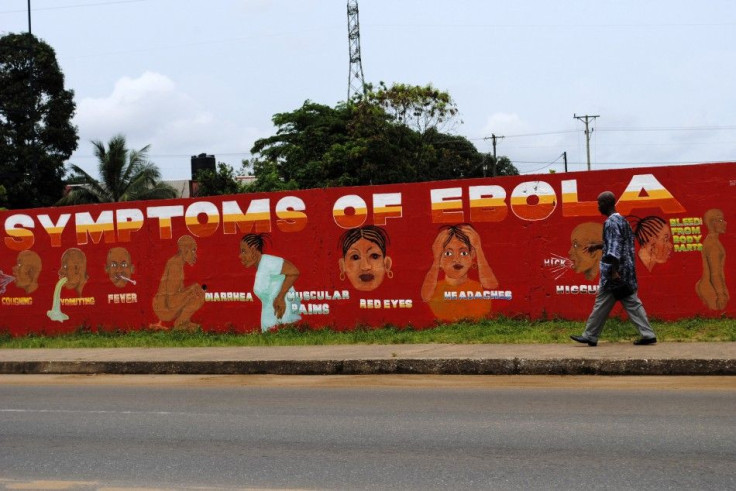Australia Urged to Boost Ebola Defences: 10,000 New Cases of Ebola Projected By December

The World Health Organisation (WHO) has warned that Australia needs to boost its defences against Ebola. WHO officials said in a meeting that an imported Ebola case might cause some consequences and Australia must prepare for them.
According to reports, the suspected case of Ebola in Cairns that turned out to be a false alarm has put the focus on the safety measures at place in handling Ebola in Australia. A nurse in Cairns was isolated last week when she had showed initial symptoms after she returned from Australia to West Africa.
New South Wales Health director of communicable diseases Dr Vicky Shepherd told ABC that protocols are constantly being adjusted based on the release of more information regarding the deadly virus. She said hospitals are improving and updating their preparedness in the past months.
Shepherd said contingency plans are at place in case travellers from risk areas show symptoms of Ebola. Health authorities have protocols to follow in case an Ebola emergency occurs. If a diagnosis is confirmed, the long-term care of the person infected will have to be done in a designated hospital.
Meanwhile, United Nations officials have recently reported that new cases of Ebola could reach 10,000 per week by December. This is equivalent to 10 times the current rate, reports said. The Ebola virus raging in West Africa has renewed the risk of political instability as elections are postponed. Schools have shut down to avoid further spread of the virus.
Anthony Banbury, head of the Ebola Emergency Response Mission, told the UN Security Council that Liberia, Guinea and Sierra Leone were not prepared for the onslaught of Ebola. Should the projections come true, there were only 4,300 treatment beds available by December 1 and not enough healthcare workers. If not controlled, the rapid increase of new cases could overwhelm current efforts in West Africa.
Banbury said 500 safe-burial teams are needed on the ground with protective equipment and about a thousand vehicles. He revealed only 69 vehicles were available for use and 50 teams working to safely bury Ebola victims.
He warned that there was only a small window of time before the Ebola outbreak will "expand to levels where it cannot be controlled." Banbury said it was crucial to stop the virus or face an unprecedented situation with no concrete plan.




















